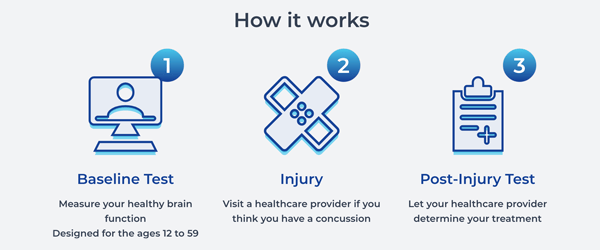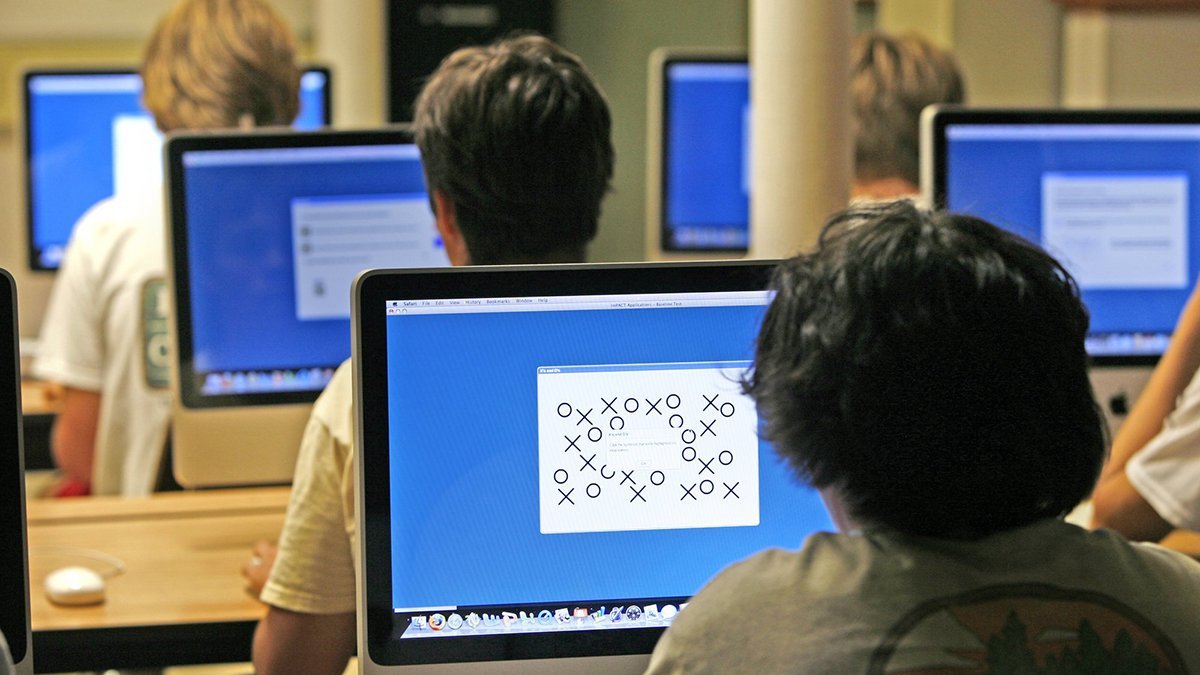What is a concussion?
Concussion is the word used to describe traumatic brain injuries (TBI) at the most mild end of the spectrum. While more severe TBIs include changes to the brain structure that can be seen on neuroimaging (like bleeding or skull fracture), concussion changes the way the brain functions. This causes symptoms that can range from very mild to quite severe and debilitating. Because a concussion is not able to be seen on neuroimaging, and because the symptoms are so different person to person, accurately diagnosing and treating the injury requires specialty care. In fact, research shows that the sooner a concussed individual is seen by a concussion specialist, the faster they recover
At Aptiva Health, we offer immediate appointments for suspected concussions and head injuries to evaluate, diagnose, and make the appropriate referral for additional treatment based upon your diagnosis. We treat concussions in our General Medicine, Sports Medicine, and Physical Therapy departments.
Symptoms
After a concussion, people can develop different symptoms. Some people only experience a few of these symptoms, while others may experience many. Symptoms may last weeks, months, or (when not treated appropriately) even years. Symptoms may include:
Headache
Dizziness
Speech difficulties
Repetitive speech
Difficulty with thoughts
Noise sensitivity
Irritability
Depression
Anxiety
Light sensitivity
Memory difficulties
Nausea
Check out our concussion flyer for more info!
Diagnosis
Your doctor will evaluate your signs and symptoms, review your medical history, and conduct a neurological examination. Signs and symptoms of a concussion may not appear until hours or days after the injury.
Tests your doctor may perform or recommend include a neurological examination, cognitive testing and imaging tests. At Aptiva Health, we have several medical providers and doctors trained in administering neuropsychological testing (ImPACT) for concussions and head injuries.
At Aptiva Health, we utilize the ImPACT testing program for both baseline testing before a concussion has occurred and for post-injury testing. By offering both baseline and post-injury testing, our healthcare providers can accurately pinpoint cognition deficits to effectively diagnose and treat each patient.
Check out the video below for some more information on how these tests are performed!
Neurological examination
After your doctor asks detailed questions about your injury, he or she may perform a neurological examination. This evaluation includes checking your:
Vision
Hearing
Strength and sensation
Balance
Coordination
Reflexes
Cognitive testing
Your doctor may conduct several tests to evaluate your thinking (cognitive) skills during a neurological examination. Testing may evaluate several factors, including your:
Memory
Concentration
Ability to recall information
Imaging tests
Brain imaging may be recommended for some people with signs and symptoms such as severe headaches, seizures, repeated vomiting or symptoms that are becoming worse. Brain imaging may determine whether the injury is severe and has caused bleeding or swelling in the skull.
A cranial computerized tomography (CT) scan is the standard test in adults to assess the brain right after injury. A CT scan uses a series of X-rays to obtain cross-sectional images of your skull and brain. For children with suspected concussion, CT scans are only used if there are specific criteria met, such as the type of injury or signs of a skull fracture. This is to avoid radiation exposure in young children.
Magnetic resonance imaging (MRI) may be used to identify changes in your brain or to diagnose complications that may occur after a concussion. An MRI uses powerful magnets and radio waves to produce detailed images of your brain.
Treatment and Suggestions
Here is some helpful information if you have been diagnosed with PCS:
Don’t rush back - it is generally advised that anyone who has had a head injury should take things slowly. If possible, try to return to you usual activities gradually after a head injury.
Sleep hygiene - if you are having problems sleeping and are feeling very tired, try to stick to a regular schedule.
Medication to help symptoms - your doctor may suggest some medication to help some of the symptoms of post concussion syndrome such as:
Amitriptyline
Zofran
Tylenol PM
Keep your stress levels down.
Physical therapy - vestibular rehabilitation - if your PCS is causing vertigo your doctor may prescribe vestibular rehabilitation to help with your symptoms. Vestibular rehabilitation therapy (VRT) is an exercise-based treatment program designed to promote vestibular adaptation and substitution. The goals of VRT are:
enhance gaze stability
enhance postural stability
improve vertigo
improve activities of daily living.
Avoid alcohol and recreational drug usage.
Common Concussion Myths
Myth: You have to hit your head to have a concussion.
Fact: A concussion can occur when the brain moves inside the skull. This can be caused by a direct blow to the head, but it can also occur when a blow to the body causes a whiplash effect to the head and neck.
Myth: You have to lose consciousness to have a concussion.
Fact: Only about 10% of concussions result in a loss of consciousness.
Myth: There’s nothing you can do for a concussion except rest and wait.
Fact: Research has come a long way in the last 15 years! We can now identify different subtypes of concussion and match appropriate treatment strategies based upon the subtype of concussion that a person is experiencing. Based upon the unique features of the injury, a concussion specialist can recommend active treatment strategies such as physical therapy, a home exercise program, and a structured plan for approaching daily activities like work and school. Matching treatment strategies to the specific type of concussion has shown to improve speed of recovery and other key outcomes for patients.
Myth: You can return to sport after a certain amount of time or after a certain symptom resolves.
Fact: Returning to sport participation too early can lead to worse symptoms, long-term impairments, and in rare cases even death by second impact syndrome (in which someone suffers a second concussion before the first one has fully healed). This is why it is so important to be sure a concussion has fully resolved before returning to sport. However, concussion can affect many different brain systems, and these systems may recover at different rates. Someone may feel better physically before other brain systems have fully recovered. A multidisciplinary evaluation including objective assessment of concussion-related symptoms and impairments is imperative to ensuring that an athlete is fully recovered before returning to sport participation.
Myth: Wearing a special type of helmet or other equipment can prevent concussions.
Fact: Wearing appropriate protective gear when participating in sports is hugely important because they can prevent severe brain injuries (such as brain bleeds and skull fractures). However, since concussions occur when the brain moves inside the skull, no helmet or device can entirely prevent them. Fortunately, concussions are also highly treatable injuries and are rarely associated with the types of permanent impairments seen in more severe injuries.
Myth: You have to stop playing sports after a certain number of concussions.
Fact: There is no “magic number” for what is considered “too many” concussions. Many factors need to be considered, including an athlete’s medical history and how they recover from each concussion. A concussion specialist can discuss risks and benefits of continued sport participation based upon an athlete’s unique circumstances.









